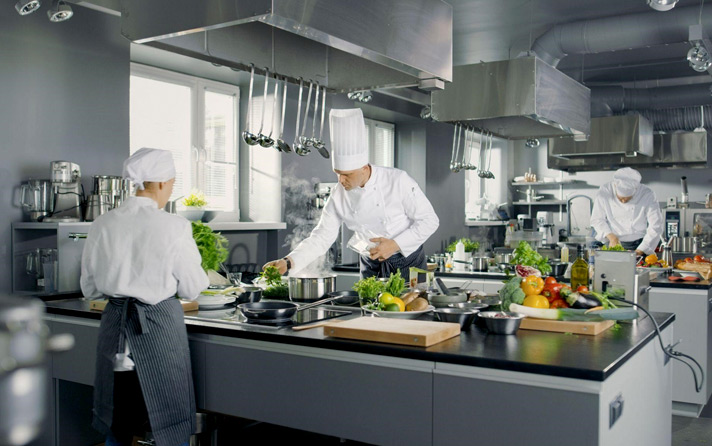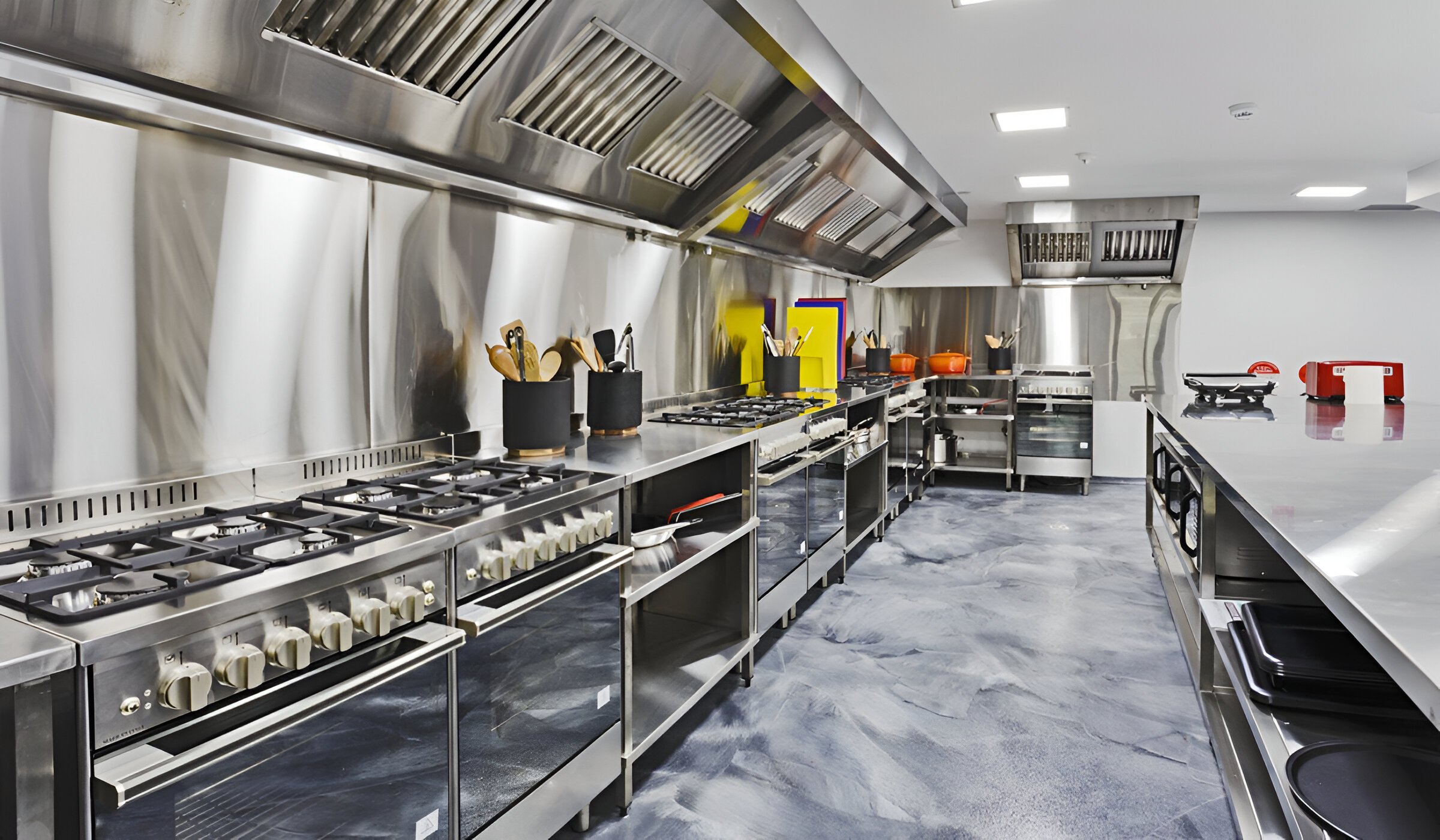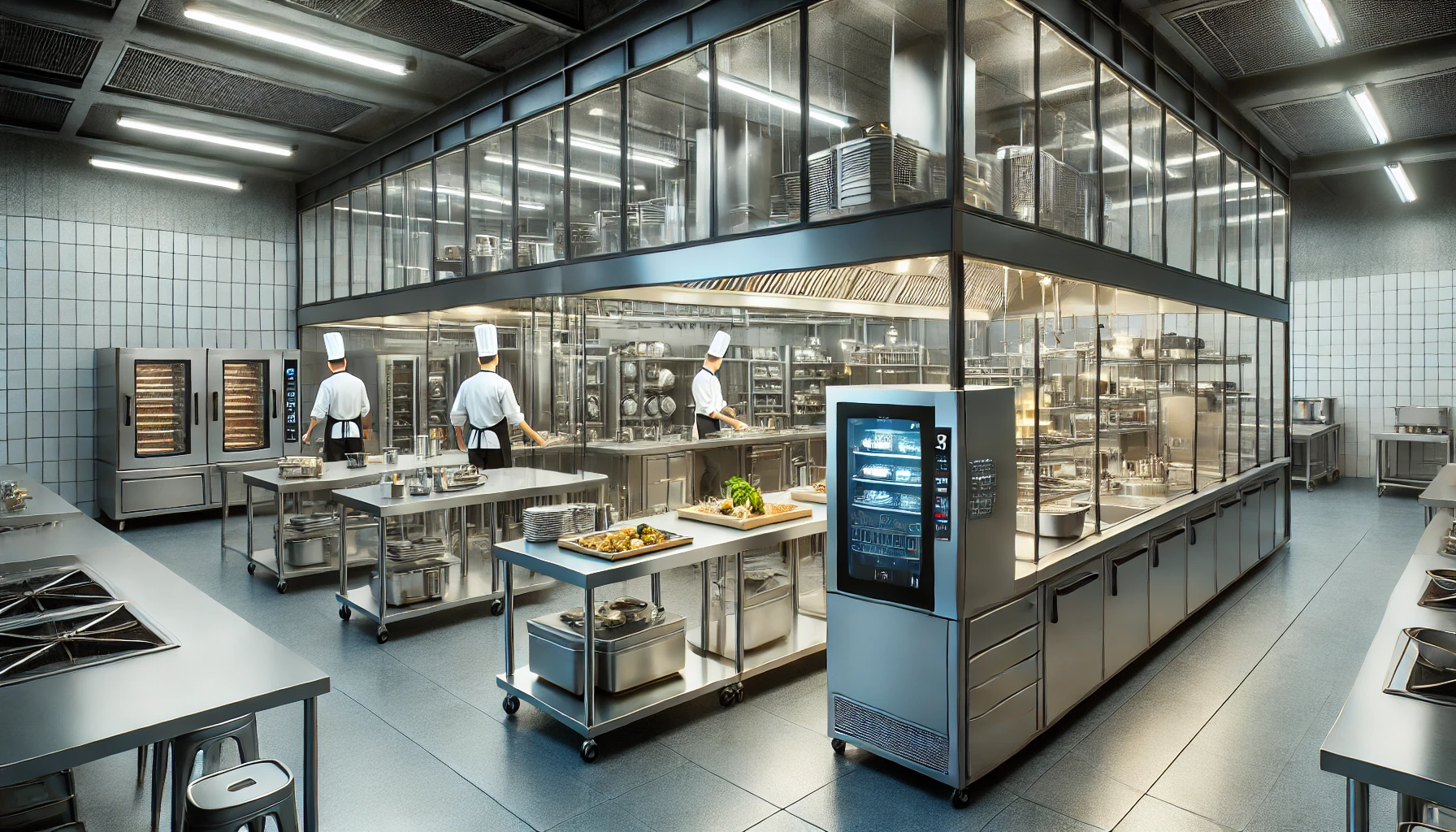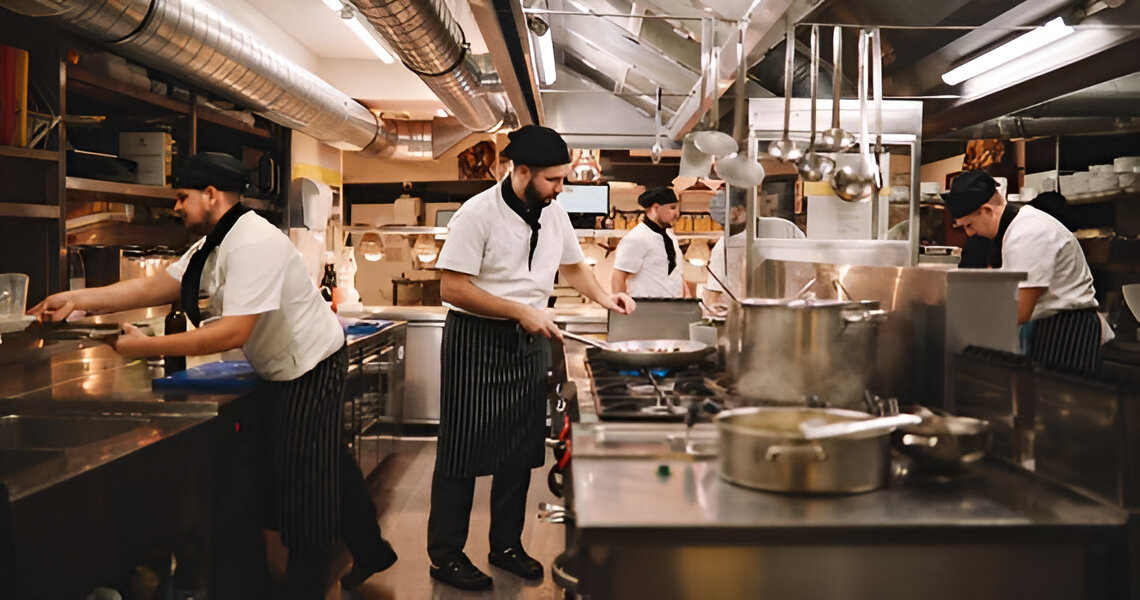
The Advantages of commencing a Cloud Kitchen Business
The culinary world is undergoing a transformative shift, and at the forefront of this revolution is the rise of cloud kitchens. Also known as ghost kitchens or virtual kitchens, cloud kitchens are commercial facilities purpose-built to produce food specifically for delivery. This innovative model has garnered significant attention and investment, and for good reason. Here, we explore the myriad advantages of commencing a cloud kitchen business.
1. Lower Overheads and Startup Costs
One of the most compelling advantages of a cloud kitchen is the significant reduction in overheads compared to traditional restaurants. Without the need for a prime location, dining space, or elaborate interior decor, initial investments and ongoing expenses are considerably lower. This allows entrepreneurs to allocate more resources to quality ingredients, marketing, and technology.
2. Flexibility and Scalability
Cloud kitchens offer unparalleled flexibility. Entrepreneurs can experiment with different cuisines and menu items without the constraints of a fixed theme or ambiance. Additionally, the model is highly scalable. Once a cloud kitchen setup is successful, replicating the business in different locations or expanding the menu becomes more manageable and cost-effective.
3. Increased Reach and Customer Base
Operating exclusively online means that cloud kitchens can tap into a broader customer base. With the right partnerships with delivery platforms like UberEats, DoorDash, or Grubhub, a cloud kitchen can serve a wide geographic area without the limitations of physical dining spaces. This expanded reach can significantly boost order volumes and revenues.
4. Efficiency and Optimization
Cloud kitchens are designed with efficiency in mind. The streamlined operations focus solely on food preparation and delivery, reducing the complexities associated with running a dine-in restaurant. Advanced kitchen management systems, order tracking, and real-time analytics allow for better resource allocation, inventory management, and overall operational efficiency.
5. Market Responsiveness
The ability to swiftly adapt to market trends is a crucial advantage for cloud kitchens. If a particular menu item is underperforming, it can be quickly replaced or revised without the extensive rebranding required in a traditional restaurant. This agility enables cloud kitchens to stay ahead of consumer preferences and competition.
6. Reduced Risk
Lower capital requirements and operational costs translate to reduced financial risk. Entrepreneurs can test new concepts with minimal investment and pivot if necessary. This lower-risk environment fosters innovation and encourages culinary creativity, leading to more diverse and unique food offerings for consumers.
7. Data-Driven Decision Making
Cloud kitchens leverage technology to gather and analyze data on customer preferences, order patterns, and feedback. This data-driven approach allows for informed decision-making, enabling businesses to refine their offerings, optimize pricing, and enhance customer satisfaction continuously.
8. Focus on Food Quality
Without the distractions of managing a dining space and front-of-house staff, cloud kitchens can concentrate on what matters most: food quality. Chefs and kitchen staff can dedicate their efforts to perfecting recipes, ensuring consistency, and maintaining high standards, resulting in a superior dining experience for customers.
9. Environmental Sustainability
Cloud kitchens can contribute to environmental sustainability by optimizing resources and reducing waste. Centralized food production means better control over portion sizes and ingredient usage. Additionally, with the rise of eco-friendly packaging solutions, cloud kitchens can adopt sustainable practices more easily.
10. Leveraging Technology
Technology is at the heart of cloud kitchen operations. From sophisticated POS systems and kitchen display screens to automated marketing tools and customer relationship management software, cloud kitchens benefit from an array of technological advancements. These tools streamline operations, enhance customer interactions, and boost overall efficiency.
Conclusion
The cloud kitchen business model is reshaping the food industry, offering numerous advantages over traditional brick-and-mortar establishments. Lower costs, greater flexibility, and the ability to reach a wider audience are just a few reasons why many entrepreneurs are venturing into this space. As consumer preferences continue to evolve towards convenience and variety, cloud kitchens are well-positioned to meet these demands and thrive in the competitive culinary landscape. If you’re considering starting a food business, a cloud kitchen might be the recipe for success you’ve been looking for.
Also Read:- A Stunning Classic Shaker Kitchen In Halesowen
For interesting Wedding Posts, follow us on Instagram.







